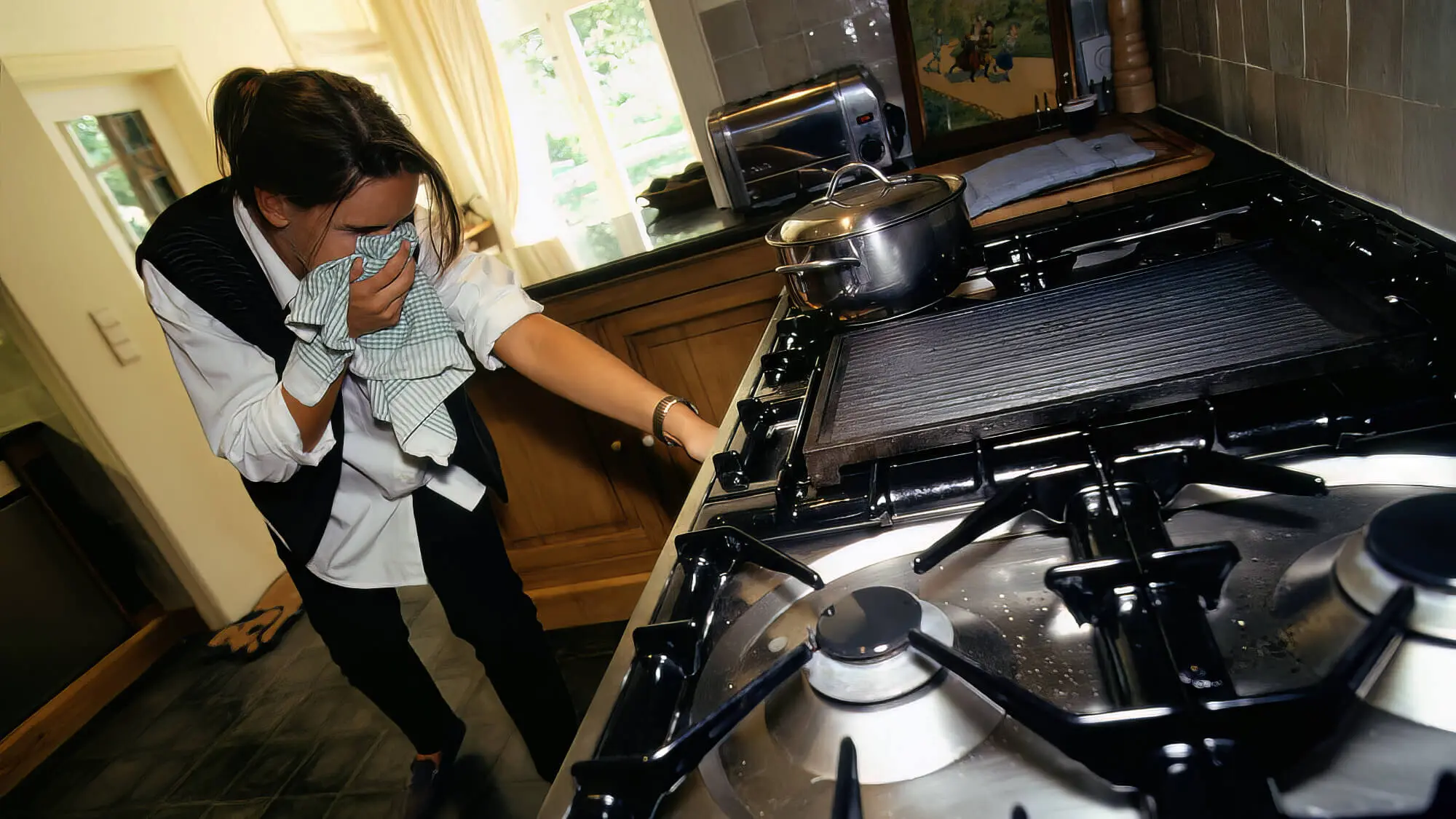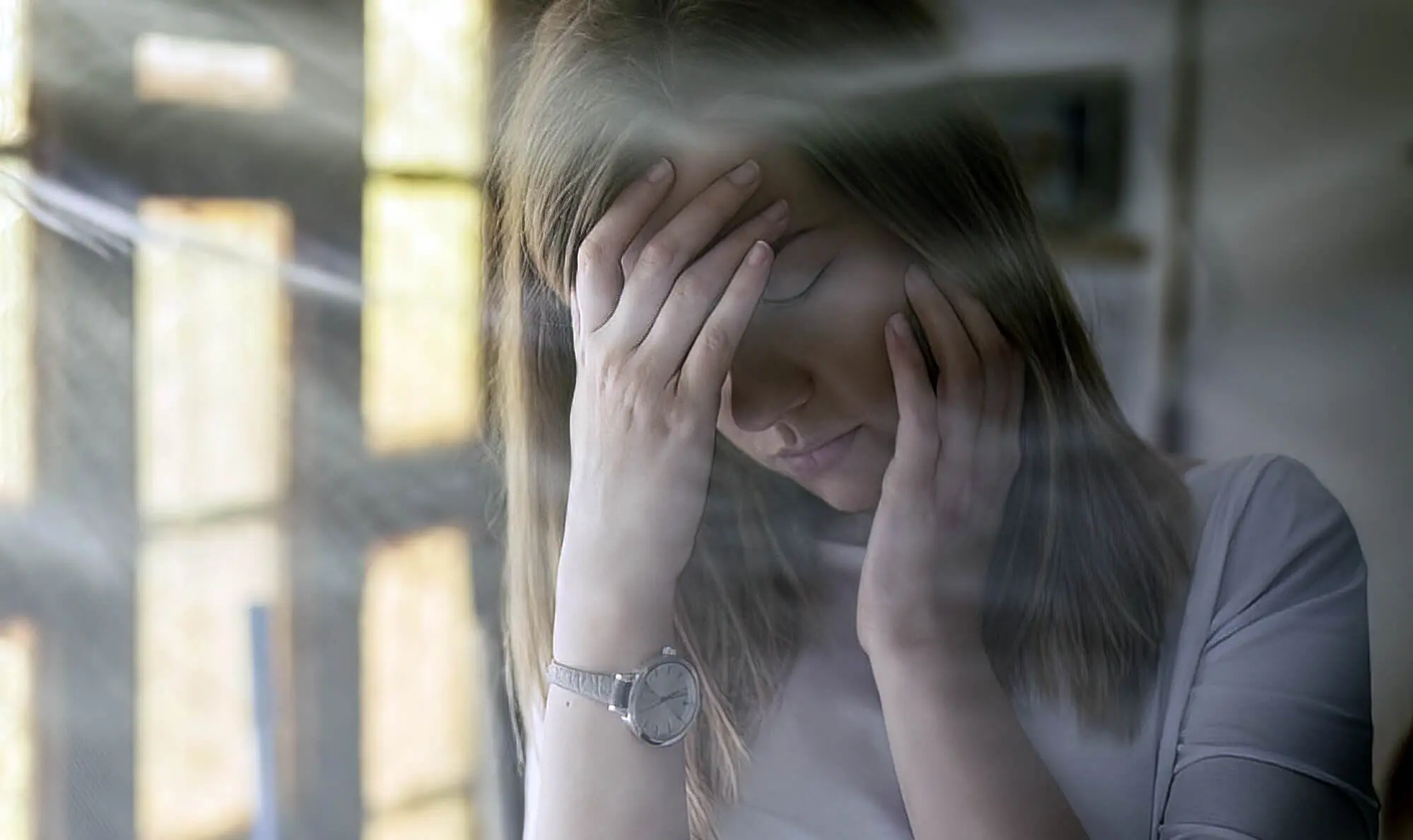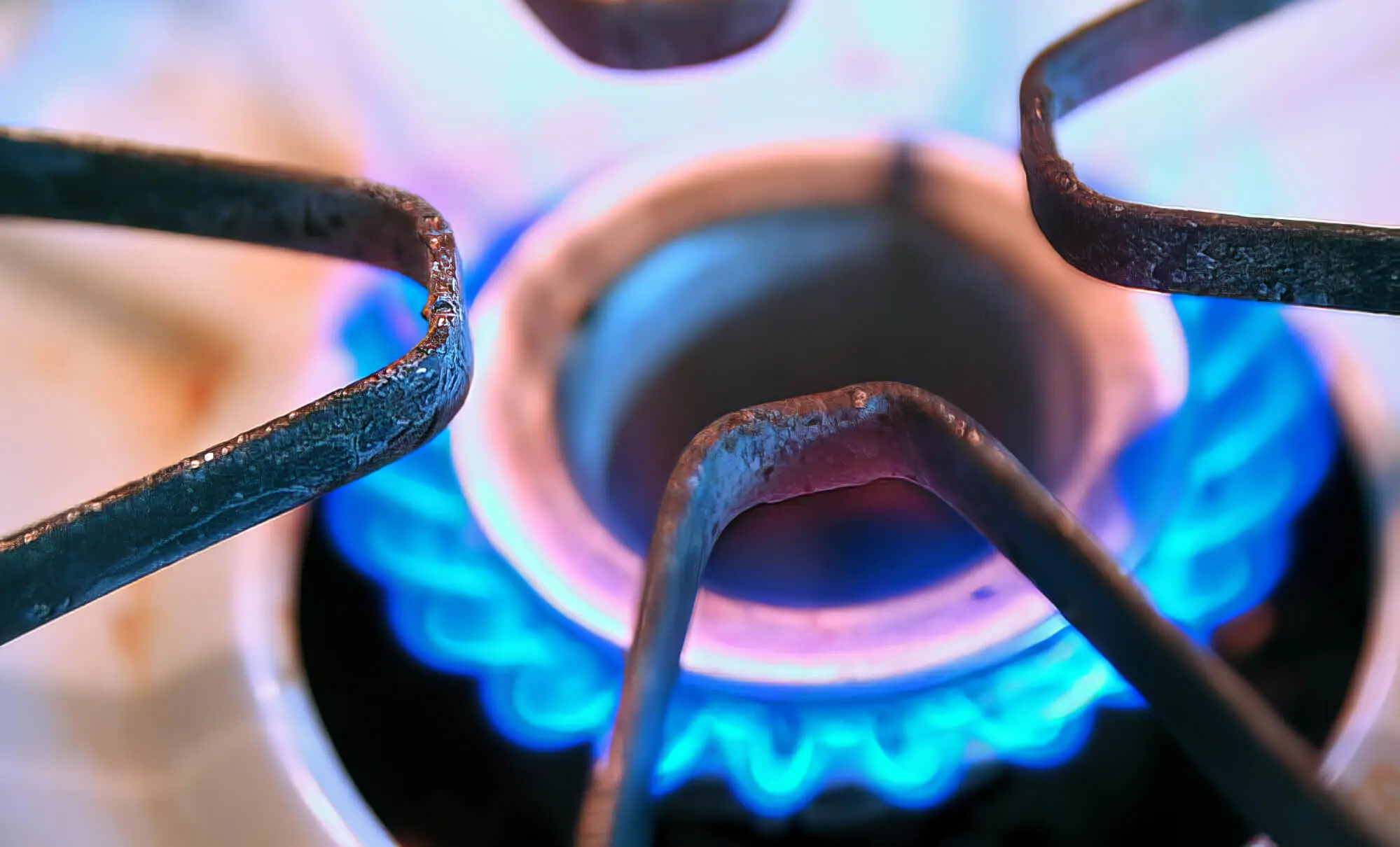When it comes to fuels, natural gas offers several advantages over other fossil fuels.
Besides being extremely reliable, it is among the cleanest energy sources, especially when compared to coal or nuclear energy. It is also less expensive, can be transported and stored easily, and can be used for various purposes.

However, there are a few disadvantages to using natural gas as well. Like coal and petroleum, it is a nonrenewable energy source that will eventually be exhausted. The most significant disadvantage is the risk involved. Gas is safe, but improper handling of this highly flammable gas can lead to loss of life and property.
Generally, this happens when a gas leak in your house occurs, resulting from faulty installations or appliance malfunction. Even a tiny leak can be dangerous. You should only use a licensed gas fitting service when installing your gas connections and appliances.
As such, this guide will discuss some of the dangers of natural gas leaks and some safety tips.
Let’s dive into it!

Detecting A Gas Leak
We must know how to detect such leaks before considering why a gas leak is dangerous. Since gas is odourless, it is not easy to smell gas leaks. Check out what natural gas smells like.
To make gas leaks easier to spot, utility companies often add a chemical called mercaptans which has a distinctive rotten egg smell. If you notice your gas stove’s blue flame turning orange, that’s another telltale sign of a leak, possibly accompanied by a white cloud.
Alternatively, when you use natural gas, there may even be a hissing sound from the gas line, indicating a leak. You need to be ready when you smell gas on your property.
Why Is A Gas Leak Dangerous?
Here are some of the reasons and real dangers that can answer the question of how harmful is a gas leak:
1. Risks Of Explosions And Fires
Gas leaks often result from damaged gas lines and spotting them without a detector is no easy task. Highly combustible, gas can ignite quickly if it meets a spark, potentially causing explosions or fires that damage property and, alarmingly, threaten life.
Generally, the risk of fires is greater if natural gas leakages occur near electrical appliances like water heaters or gas appliances like gas stoves. To detect natural gas leaks, you can install carbon monoxide detectors as a safety measure to see high gas levels in the area.
2. Health Risks
Even a minor gas leak in the gas lines can accumulate natural gas over time, polluting the air in areas like your office or home. A natural gas leak will reduce the oxygen in the area, making breathing difficult.
Additionally, it can cause problems like fatigue, irregular breathing, nausea, headaches and dizziness. When inhaled in large quantities, it may lead to long-term effects and more severe issues, such as memory loss, coordination problems, extreme fatigue and loss of consciousness. Other symptoms of natural gas inhalation include depression, nose bleeds, natural gas poisoning, flatulence, chest pain, vision problems, etc.
Among the various health hazards posed by a natural gas leak, carbon monoxide poisoning may be the most dangerous and is among the most common forms of gas poisoning. Carbon monoxide is a natural gas byproduct that undergoes improper combustion and can reduce the oxygen in the blood, resulting in tissue damage.
If you’re exposed to this gas, getting medical advice is wise. And don’t forget, installing a carbon monoxide detector is crucial.

3. Damage To Vegetation And Plants
Burning natural gas in the vicinity of vegetation may result in the gas spreading to the plants, which can cause chlorosis. In this condition, plants may face colour loss, which affects their photosynthesis ability. This can then cause necrosis, in which plant cells start dying.
When that happens, the plant roots suffer from oxygen deprivation, which leads to asphyxiation and causes the plants to dry up.
4. May Cause the Death Of Animals
Like humans, animals can suffer from carbon monoxide poisoning, which can be fatal. This is especially true in the case of small household pets, and you may notice physical symptoms like lethargy or weakness in your pet. Other symptoms pets may exhibit include difficulty breathing, suffocation, seizures and vomiting.
In such cases, it is essential to immediately look for signs of a gas leak and remove your pet from the premises. Long-term exposure to carbon monoxide can lead to drowsiness, confusion and even death.
5. Dangerous For The Environment
Natural gas is a mixture of several gases, one of which is methane, a greenhouse gas. This means it is very effective in absorbing infrared radiation emitted from the earth, leading to a rise in the temperature.
While methane does not last as long as other greenhouse gases like carbon dioxide, it is much more potent and, therefore, can cause more damage. It can absorb a greater amount of energy and can, thus, accelerate the process of global warming more effectively than other greenhouse gases.
Historically, methane has significantly contributed to the rising temperatures leading to global warming. Methane trapped below the ocean for several years solidifies into methane hydrate trapped under the sea, which, when released, can worsen the problem of global warming.
When A Natural Gas Leak Occurs

There may be various causes for a gas leak, including a faulty gas appliance, improper installations, poor maintenance, worn-out or degraded connections, etc. If you suspect a gas leak, the first thing to do is to go outside in fresh air to prevent the accumulation of gases like carbon monoxide in the bloodstream.
Open the windows and doors to ensure adequate ventilation, reducing the potential danger of explosions and fires.
Make sure to call the local fire department—they’ll inspect for gas leaks and take the necessary actions. To avoid future hassles, get a licensed plumber to install your gas appliances and perform routine check-ups.
Here at Fixed Today, we have a team of professional licensed gas fitters to handle your gas fitting services and gas repairs. Our gas fitters have a track record of more than a decade fixing gas issues and ensuring your appliance works correctly year-round. We can also perform gas inspections on your gas lines regularly. Don’t hesitate to call us if you run into a natural gas leak, have a burst gas pipe, or need installation for gas appliances, gas furnaces, gas water heaters, or gas meters.
These safety tips can significantly reduce the risks posed by natural gas leaks.














